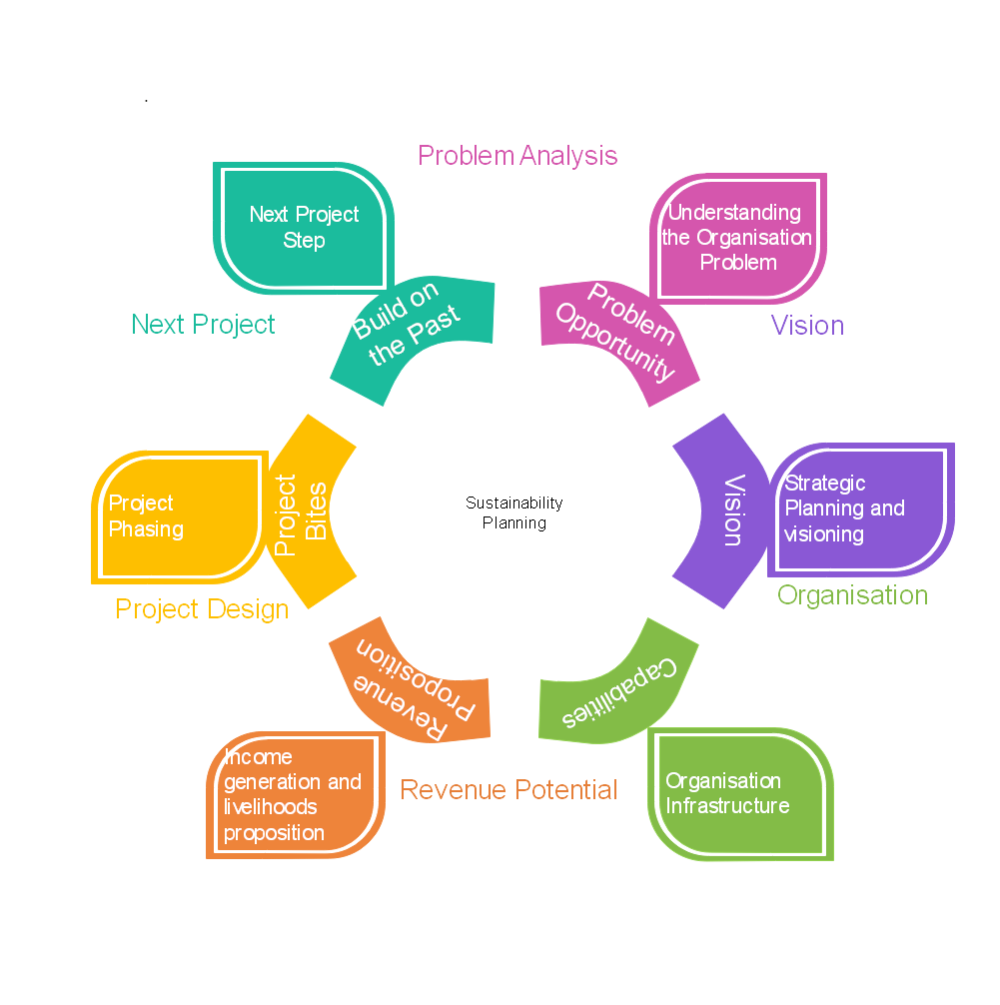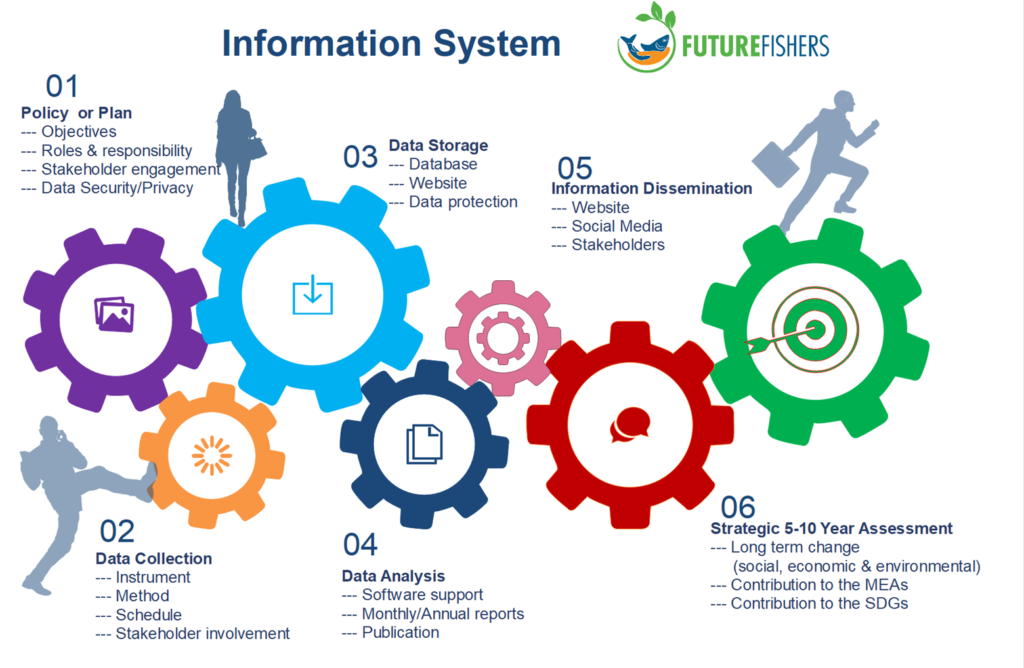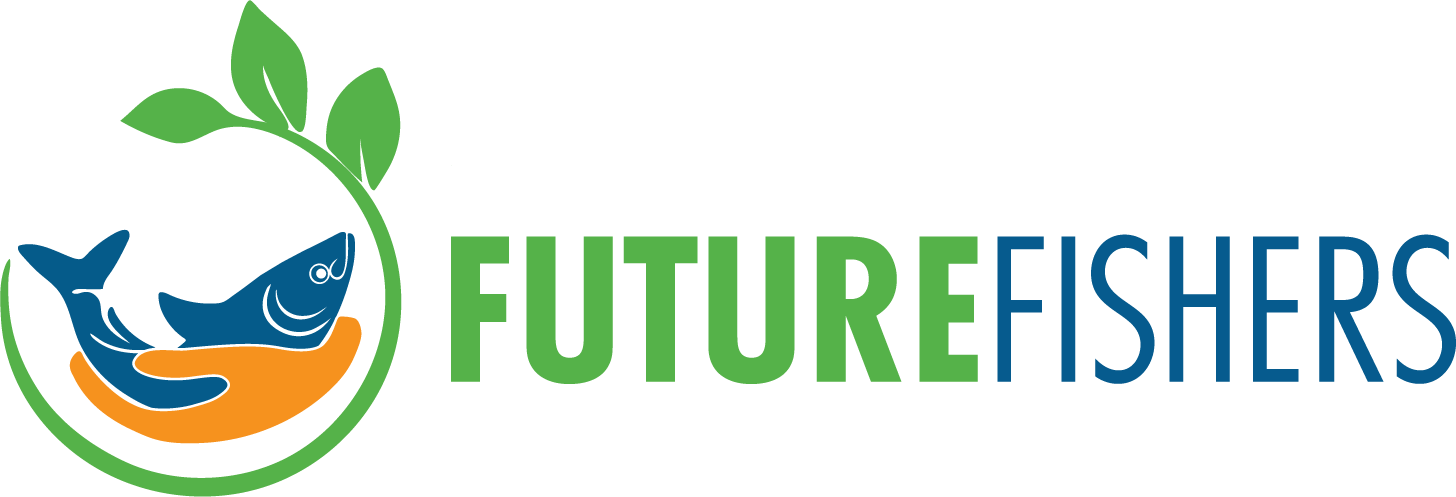Building our performance Approach
As a forward-thinking organisation, we embrace a sustainability approach to managing coastal and marine resources in partnership with rural-coastal communities and other stakeholders.
Problem Opportunity
Our view of the key issues in summary
Future Fishers sees every challenge as an opportunity to foster improvement in a holistic manner. To do this, we take into account the intersection of the needs of communities with national priorities and the international agenda. For community needs, we use the Future Fishers Five-Point Star which depicts the five endemic challenges of local fisheries: sector governance, resource management, social inclusion, the rising cost of fishing and the capacity of fisherfolk. For the national context, we considered the prevailing government policy i.e. Vision 2030; for the international context, we are guided by the 17 Sustainable Development Goals (2015) of the United Nations General Assembly “2030 Agenda for Sustainable Development”. Future Fishers work are aligned to 4 SDGs namely, gender balance, decent work and economic growth, climate action and life below water.
Sector Governance
Weak policy and legislation, Limited administration capacity & weak monitoring, Limited collaboration and information management
Fisheries Management
Unsustainable fishing practices, Illegal fishing, Seismic surveys, Invasive species, Habitat loss and destruction
Social Inclusion
Importance of fishing, Limited fisher engagement, Low fishers and consumers awareness, Under-involvement of women and youth, Impact of crime and external threats
Fishing Cost
Poor facility management, Limited access to cold storage and ice, Vendor control over fish price, Cost of equipment, Cost of fuel, Cost - climate events and crime
Fishers Capacity
Weak purpose and direction, Undefine role in facility management, Traditional role of the fishers, Access to credit

Sustainability
Future Fishers believes that organisational sustainability for CSOs/CBOs means that their on-going activities are consistent with their mandate and independent of initial donor funding, while the organisations themselves are financially resilient and innovative as they continue on a path to achieving long-term results for the betterment of society.
Our understanding emphasises the symbiotic relationship between organisation and community, underscored by a sustainability planning approach. Our conceptualisation of sustainability ensures that Future Fishers focuses on planning and implementing sustainable, innovative and scalable projects that, in turn, support the development of communities which expand opportunities for gender responsiveness and social inclusion.
As such, the building blocks of sustainability for Future Fishers are a series of related projects which will be used to build capabilities and improve the organisation’s stock of tangible and intangible resources.
Sound Information management
At the heart of our sustainability approach is the use of sound information to guide decision making. For the most part, achieving sustainable results will require the right information to accomplish growth and efficiency in our desire to innovate and scale our social enterprise and our coastal and marine conservation efforts.
The use of information to help understand the big and small picture of strategy and management is essential to the development and conservation required for building a sustainable information management capability. The data collection, storage, management, analysis and dissemination to relevant internal and external stakeholders forms a key part of our approach.
Future Fishers aspires to see this approach expand to the national level ensuring that there is a coordination and management of sharing social, economic and conservation information that is linked to the country’s commitments to the Multilateral Agreements and the SDGs.

Collaboration
The Future Fishers’ philosophy advocates for collaboration with local and regional stakeholders where mutual goals and objectives can be achieved. Since good collaboration amplifies strength, Future Fishers is willing to and able to ensure that each opportunity can improve results in a way that benefits all. For Future Fishers the goal of collaboration is to create better results. We pursue collaboration to increase innovation, improve operations in cost reduction and decision making and finally to increase revenue.
The approach improves our goodwill, increases the likelihood of opportunities for future collaboration, widens the benefits of projects, and deepens the learning experience of all institutions so that project impacts can be more easily sustained beyond life.
Future Fishers is interested in collaborating on many issues including the following:
- Information management and sharing
- Social enterprise and entrepreneurship
- Marketing research
- Data management
- Primary community research
- Capacity building
If you want to collaborate click on the tab above and get in touch with us.




